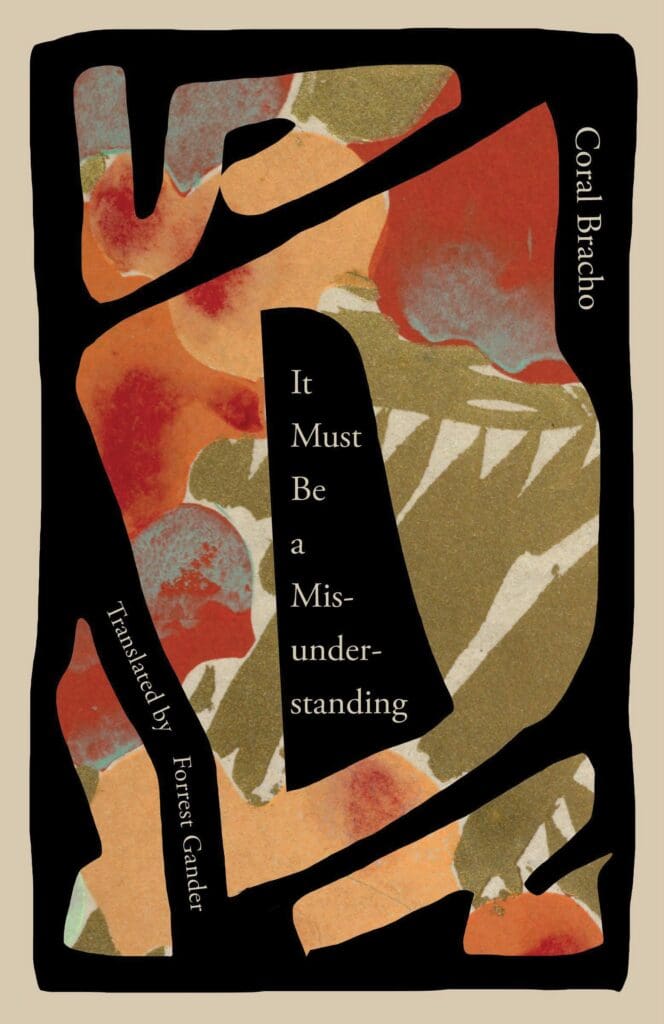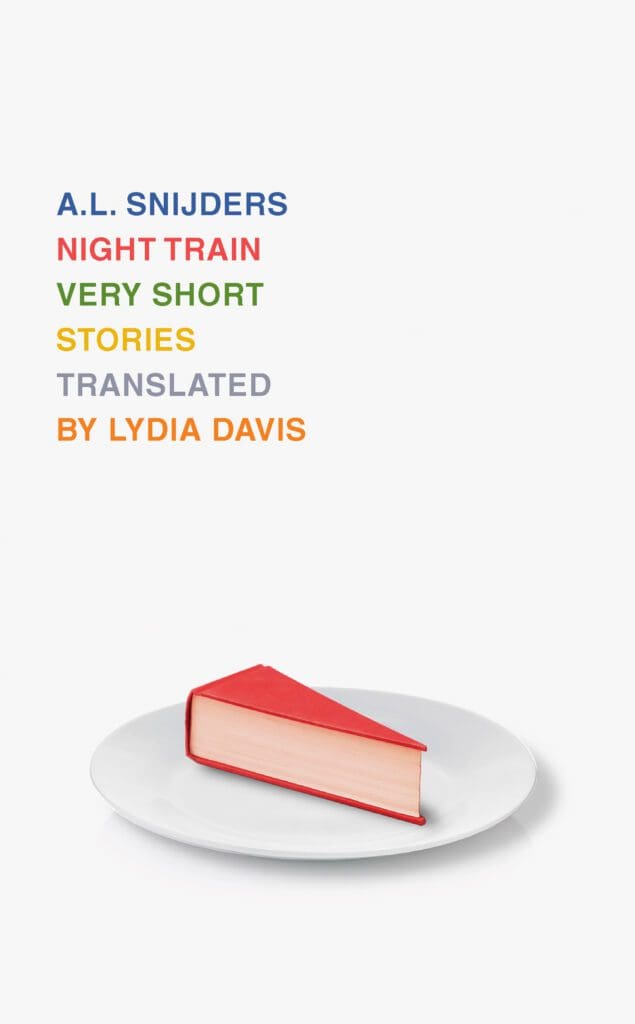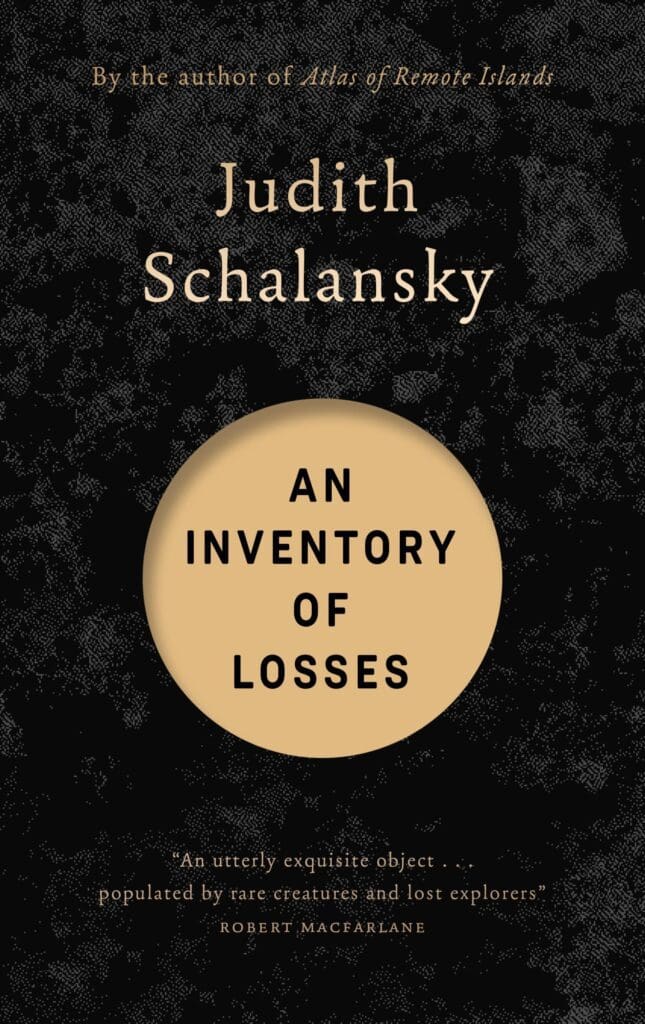Anyone who has experienced a loved one’s trajectory through Alzheimer’s might wonder how a book of poetry focused on that harrowing experience could be uplifting. But Coral Bracho’s It Must Be a Misunderstanding (New Directions; 135 pages), translated by Forrest Gander, is not only tender and compassionate, but leaves the reader suffused in the mystery of being. The book is dedicated to Bracho’s mother, who died in 2012 from complications of Alzheimer’s. A short book of fragmentary lyrics, it builds through its sections like a concerto, adding color and depth as it goes. The themes of Intuitions, Observations, and various […]
‘It Must Be a Misunderstanding’ by Coral Bracho: Adding Color and Depth to One of Life’s Hardships
by Meryl Natchez



